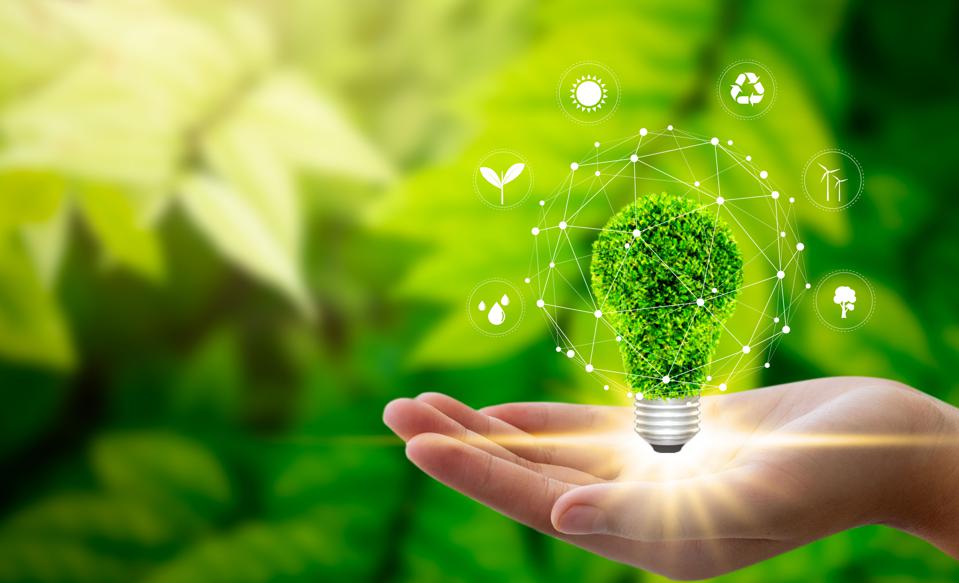
In Short : “India’s imperative: Lead the charge in pioneering cleantech solutions for a sustainable future, addressing pressing environmental challenges and driving innovation for a cleaner, greener tomorrow.”
In Detail : The International Panel on Climate Change has set a goal of no more than 1.5 degrees Celsius temperature rise to stem many of the major detrimental effects of climate change.
Did you know? Given the enormous size and heat capacity of our oceans, it would take an unimaginable amount of heat energy to raise the earth’s temperature yearly, even by a very very small amount.
Yet, since the pre-industrial era, the earth’s temperature has seen a global increase of roughly 2-degree Fahrenheit (1 degrees Celsius). This is a significant increase in accumulated heat.
Today, we live in a world where constant ecological alarms like the sustained el-nino heat waves in India, the flash floods in Dubai and Oman or the Amazon Forest burnings have become common news.
While there has been multiple delays and debates, data has now made clear that it is imperative to move towards more sustainable ways of living and manufacturing. We have seen a strong urgency from world governments to address this issue of climate change and there also seems to be a global consensus which has never been stronger before.
The International Panel on Climate Change has set a goal of no more than 1.5 degrees Celsius temperature rise to stem many of the major detrimental effects of climate change. To meet the goal, we need to embrace and pioneer cleantech solutions which not only help reduce carbon emissions but also pave the way for a circular economy making our communities more sustainable, efficient, and smarter.
Harnessing the power of green energy
Our energy demand has increased significantly. Data suggests that between 2013-14 and 2022-23 it has increased by 50.8%, which is approximately a 79% rise. This along with the growing urbanization of India’s tier 2 and tier 3 economies have put a lot of stress on our entire infrastructure resulting in severe pollution and other climate changes across the country. In fact, if you google the top 5 polluted cities in the world, you will find two-three cities in the list are from India. The WHO safety standards also state that 14 of our major cities experience dangerously high AQII levels.
Luckily, advancement in clean tech has made renewable energy more efficient and affordable, leading to increased adoption. India has exceeded its goals set at the Conference of the Parties 21- Paris Summit. Our country now generates about 40% of its power capacity from renewable energy, surpassing its commitment by almost nine years.
Our focus now should be towards developing energy-saving technologies, better public transportation, and eco-friendly waste management systems. For example, Singapore uses machine learning and IoT for energy-efficient building control, real-time traffic monitoring, and water resource management systems. This has helped them to become more sustainable and bring down the carbon emissions and air pollution significantly. Investments and efforts in this direction is the next best step.
Recycling for a circular economy
With the generation of massive amounts of municipal and industrial waste, India’s current waste management practices are often inadequate. Cleantech solutions for waste management and recycling can help in reducing the burden on landfills. In fact, according to a recent report, India recycled only 32.9 per cent of e-waste between 2021-2022. Some of the e-waste even have second life usage. Take the example of a lithium-ion battery which is the next big sustainability issue most companies and govt. of India are anticipating. Lithium-ion batteries contains 70 per cent of their capacity even after they are no longer fit for electric vehicles. By repurposing, these can be used in other applications with extended life and by recycling these batteries, crucial minerals like lithium, nickel and cobalt can be extracted.
Policy support and international collaboration
Policy support plays a pivotal role if we are to completely shift towards a circular economy powered by cleantech and renewable resources. The Indian government has launched several initiatives to promote cleantech, including the recent outlay of Rs. 19,700 crores for the Green Hydrogen Mission, the development of the National Solar Mission and the National Electric Mobility Mission Plan, to encourage the use of renewable energy. These initiatives, coupled with support for innovation and entrepreneurship in the cleantech sector are continuously driving the development and implementation of sustainable technologies.
India can also benefit from international collaborations and investments in the cleantech space. Sharing of best practices, technology transfer, and joint research can help India leapfrog to advanced sustainable solutions.










